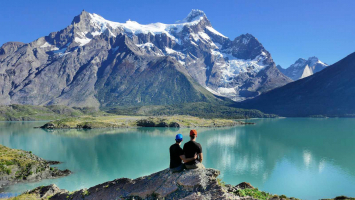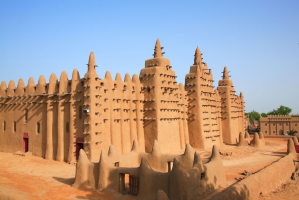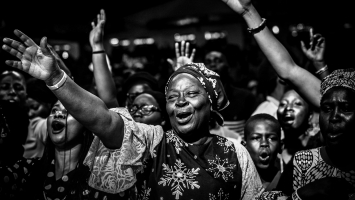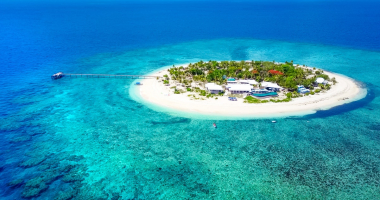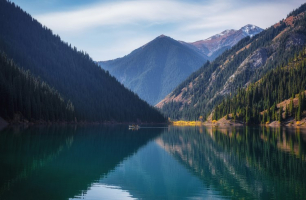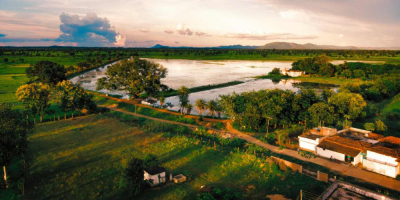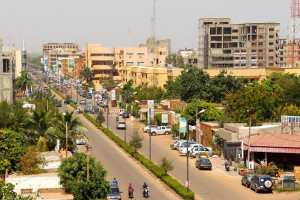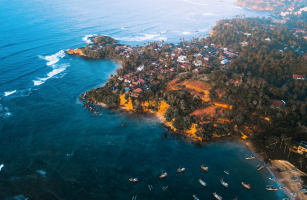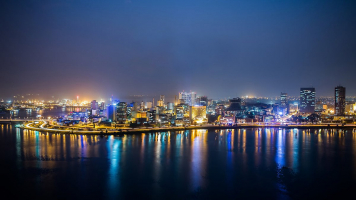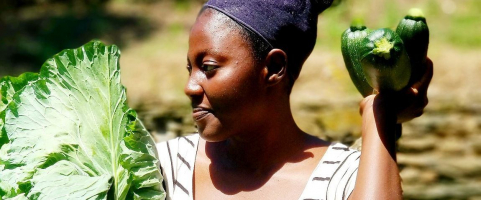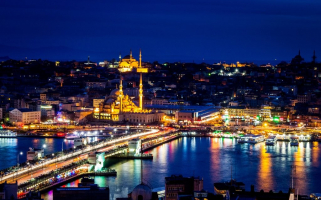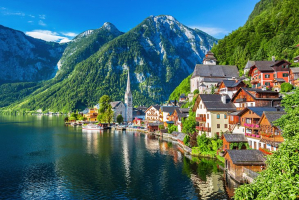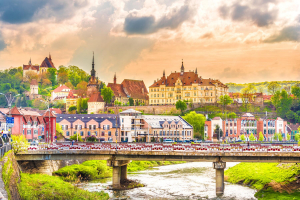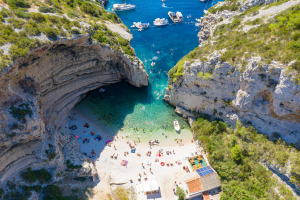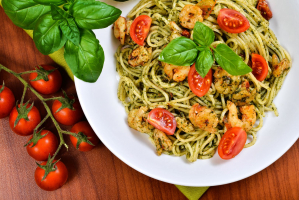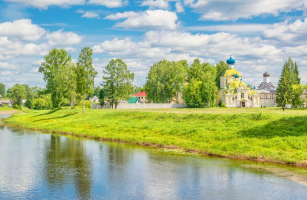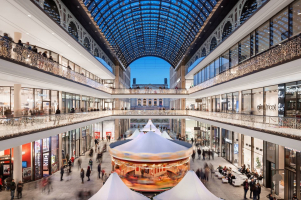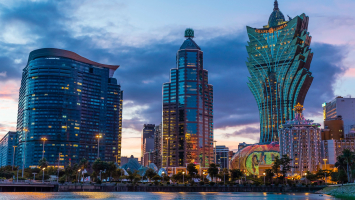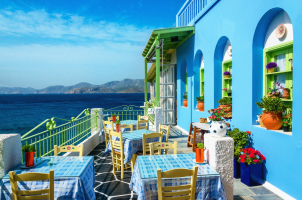Top 12 Things About Malawi You Should Know Before Travelling
Malawi country, with its slogan "The Warm Heart of Africa," is a lovely place to visit. What is the location of Malawi? It's in the southeast of Africa. ... read more...Mozambique is to the east, south, and southwest, Tanzania is to the north and northeast, and Zambia is to the east. It's a landlocked nation. Lake Malawi allows people to have a great beach experience while being landlocked. Toplist has compiled a list of ten things about Malawi you should know before travelling.
-
During the presidency of Hastings Banda (1966–94), odd sartorial restrictions were enacted, including a ban on flared trousers and a requirement that women only wear long skirts, never pants or shorts. Those days are long gone, and many urban Malawians have a fantastic fashion sense that blends Western street style with Afro elegance. In Malawi, fabric is both economical and gorgeous, and local tailors can rapidly reproduce your existing clothing or make clothes to your specifications.
In isolated communities, Malawian culture is different and more conservative, with women wearing a blouse, headscarf, and a length of chitenge cloth wrapped around their bodies. If you dress modestly, covering your chest and legs, you will be given a warm welcome, especially in predominantly Muslim towns. For rural visits, women tourists can bring chitenge cloth to wrap over their waist or chest. The cloth may be found at any market and makes a wonderful keepsake. This is one of the things about Malawi you should know before travelling.
When visiting rural areas, women should wear "modestly," which means no bare shoulders and legs covered to the knee. Use a "chitenje," a fabric wrap worn universally by women, especially in rural areas, and they make fantastic tablecloths and conversation starters at home. Shorts or trousers will suffice at other times.At the beach, "typical" beach attire is entirely fine and even expected. Because the Southern Lakeshore area, where most of the lodges are located, is predominantly Muslim, a respectable level of modesty (but not stringent) applies outside of the lodges. In other words, no brief female shorts or off-the-shoulder blouses are permitted in Mangochi, but "length" shorts are acceptable. The days of women being prohibited from wearing shorts are long gone.
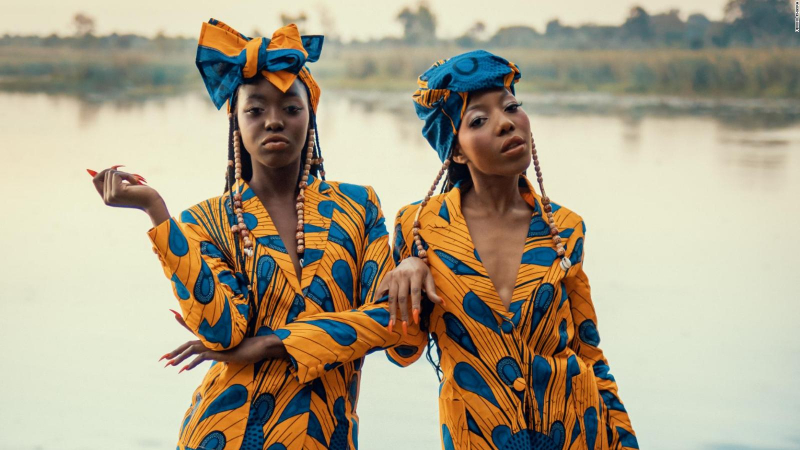
https://edition.cnn.com/ 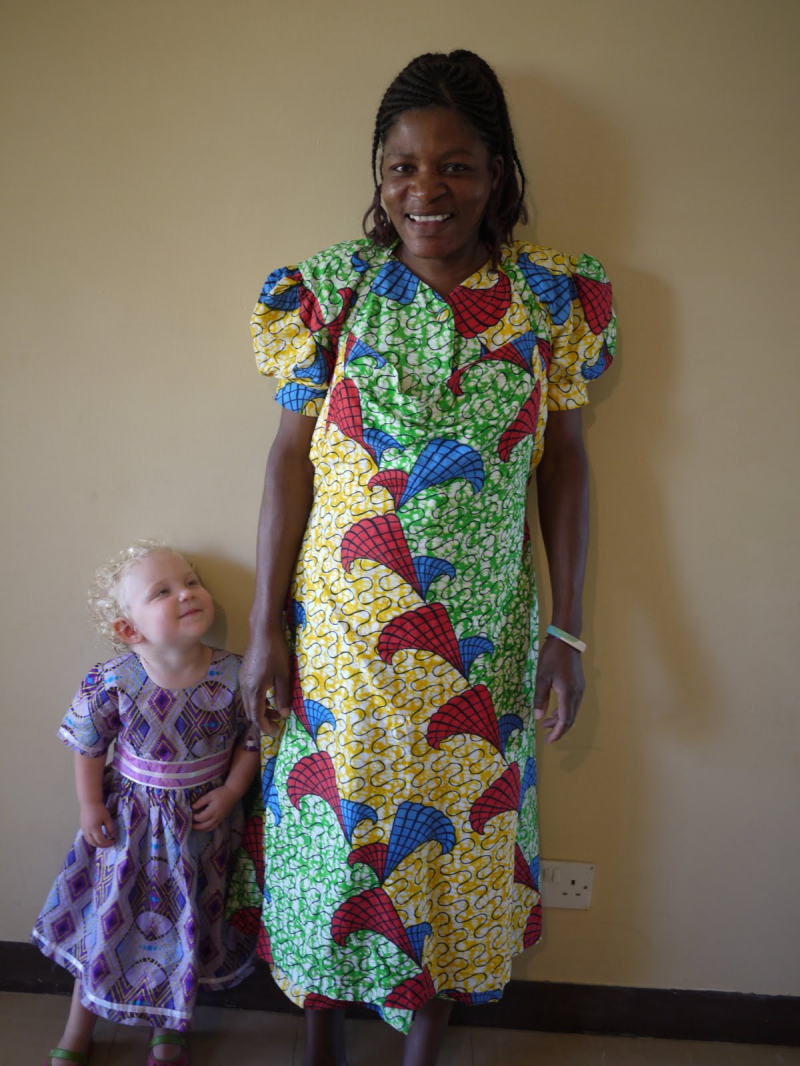
http://robsonsinmalawi.blogspot.com/ -
Is Malawi a safe place to visit? Malawi is, in general, a safe place to visit. However, you should still remain on the lookout for armed robberies and smaller crimes like handbag snatching and pickpocketing. Criminal activities can target tourists in certain areas, such as Kenyatta Drive, the bus stations in Lilongwe and Blantyre, and the ferry ports.
Mount Mulanje, a picturesque tourist destination, has also been the scene of robberies and brutal attacks on visitors. Regarding security concerns, it is recommended that you contact with the Mountain Club of Malawi. Climbing the peak in a group with an experienced local guide is also an option. Carjackings still happen when people stop at intersections or wait, so don't stop your car unnecessarily late at night. This is one of the things about Malawi you should know before travelling.
Be wary of residential break-ins and use extreme caution when renting a home in a relatively safe area. Avoid leaving your baggage unsecured and flaunting your valuables in public. Criminals and con artists may approach you and try to befriend, assist, and lead you. As a result, you should only rely on recognized local guides.
https://seminyaktimes.com/ 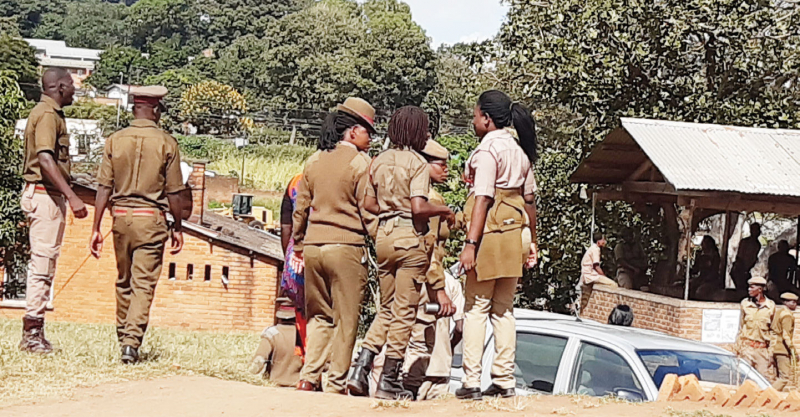
https://times.mw/ -
Malawi's most valuable resource is its people. They are incredibly polite and accommodating. All visitors are greeted with smiles and a warm welcome that lasts a long time. Malawi is one of the most densely inhabited countries in this part of Africa, with a population of over 18 million people. The majority of the population lives in rural areas, mostly in charming medieval villages.
Malawians are predominantly conservative and religious. Every young Malawian should show respect for the elderly and try to follow their elders' instructions. To avoid any potential conflict with the locals, you, as a foreigner, must respect their religious views and customs.
It is also forbidden to photograph government buildings, churches, airports, and military sites. If you picture someone without politely asking permission, they may think it culturally offensive. Driving is on the left in terms of legislation, thus if you are new with this type of automotive layout, avoid driving. The Malawian kwacha is the country's currency (MWK). Because the economy is mostly built on cash, avoid leaning too heavily on credit cards and instead carry cash for practically everything.
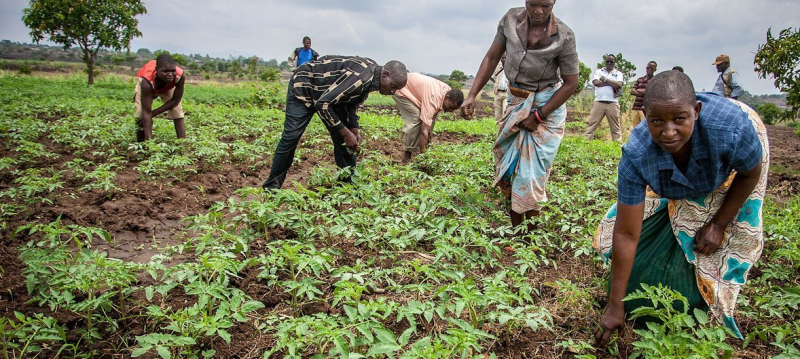
https://news.un.org/ 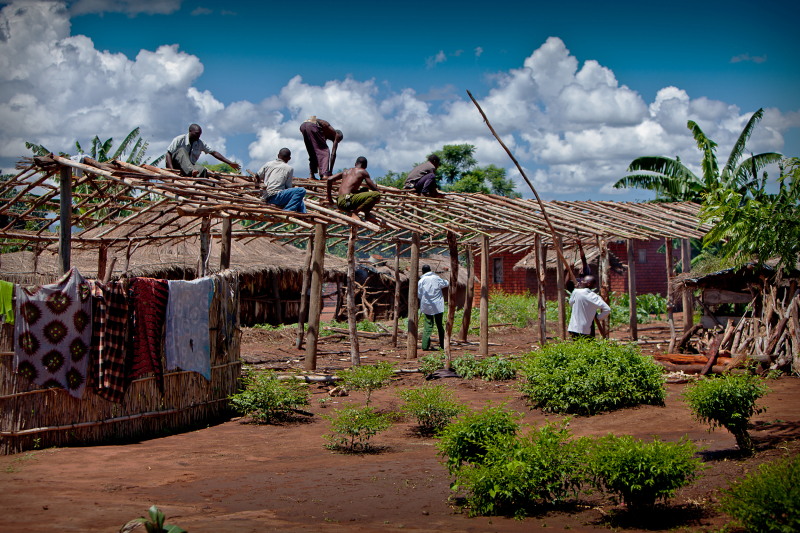
https://freedomhouse.org/ -
If you have never experienced an earthquake before, prepare yourself since one may occur in Malawi. This is one of the things about Malawi you should know before travelling. So, where does Malawi stand in terms of earthquake activity? It is situated in the East African Rift System's active seismic belt. Malawi's tectonic and seismic zones pose a moderate level of risk.
Many medium-sized earthquakes (magnitude 6.0) have occurred in the past. Earthquakes had not claimed any lives or caused property damage until 1989, when the Salima Earthquake took several lives and caused property loss. This year's strongest earthquake, with a magnitude of 4.4, struck Nsanje, mercifully with no fatalities. If you are visiting Malawi, you should be aware of the recommendations on how to act and keep safe if an earthquake occurs.
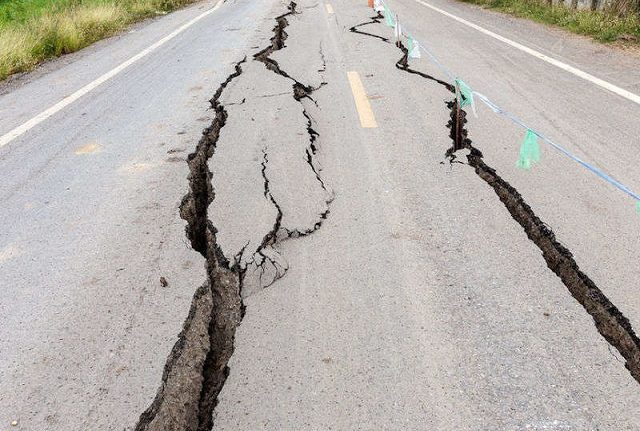
https://www.allnetafrica.com/ 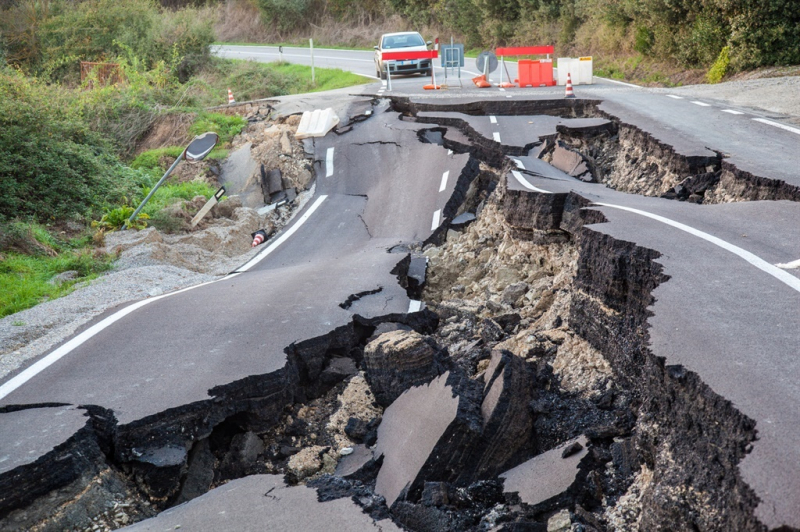
https://www.faceofmalawi.com/ -
Driving in Malawi is done on the left, as previously stated. Driving on the left can be dangerous if you are not used to driving on the left. The country has a high rate of traffic-related deaths. Outside of big cities, driving at night can be extremely dangerous due to poorly maintained automobiles, inadequate lighting, and a lack of traffic lights. This is one of the things about Malawi you should know before travelling.
The availability of emergency roadside help is restricted, making driving alone at night particularly riskier. Taking hitchhikers is a risky business. Carjackers are frequently armed, so if they threaten you, you should not fight back.
Keep your personal things, baggage, documents (especially your passport), and valuables out of the car to avoid attracting the attention of burglars and causing a break-in. Potholes, lack of lighting, unexpected road crossings by pedestrians or animals, and cars driving without lights all make driving at night more dangerous.
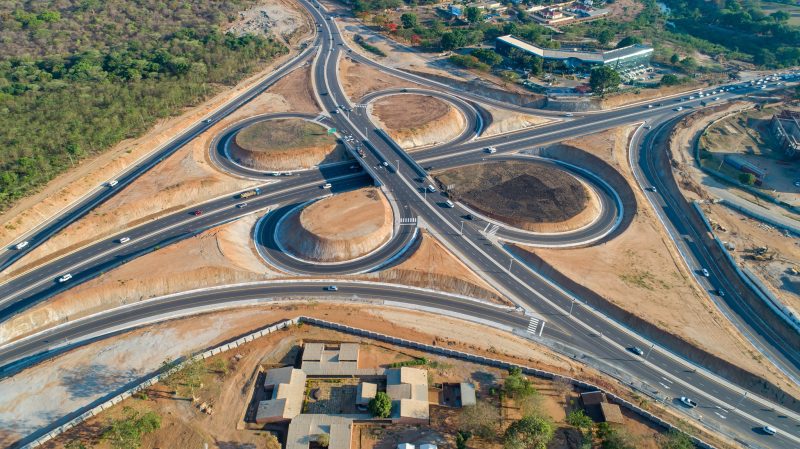
https://www.facebook.com/ 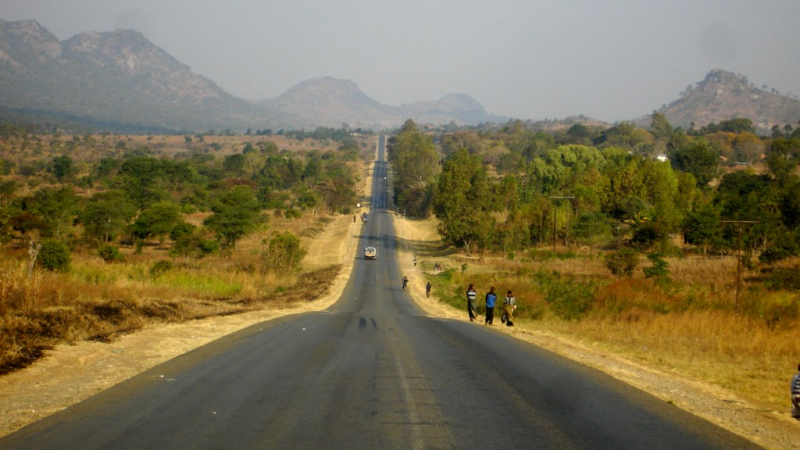
https://highways.today/ -
Is it safe for women and LGBTQ persons to travel to Malawi? When visiting Malawi, solo female visitors should use caution. What is Malawi's capital in terms of culture and modernity? Lilongwe is the name of the city. In Lilongwe, however, women have been assaulted for wearing short skirts or leggings. This is one of the things about Malawi you should know before travelling.
If a woman wears something excessively provocative or extravagant, she may be stripped or robbed. It is suggested that solitary female travelers dress conservatively and avoid wearing pricey accessories. In Malawi, sexual actions between people of the same gender are illegal and socially unacceptable. Homosexuals have been subjected to harassment and verbal abuse.
Although homosexuality is prohibited in Malawi, this is unlikely to be a problem for foreign visitors. Nonetheless, open discussion of homosexuality may make Malawians uncomfortable due to the legal position.
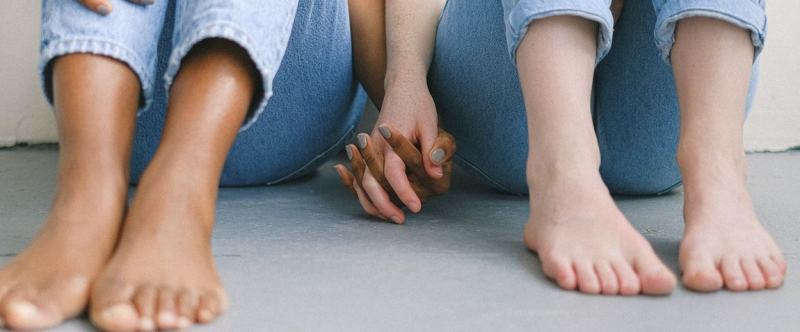
https://pickvisa.com/ 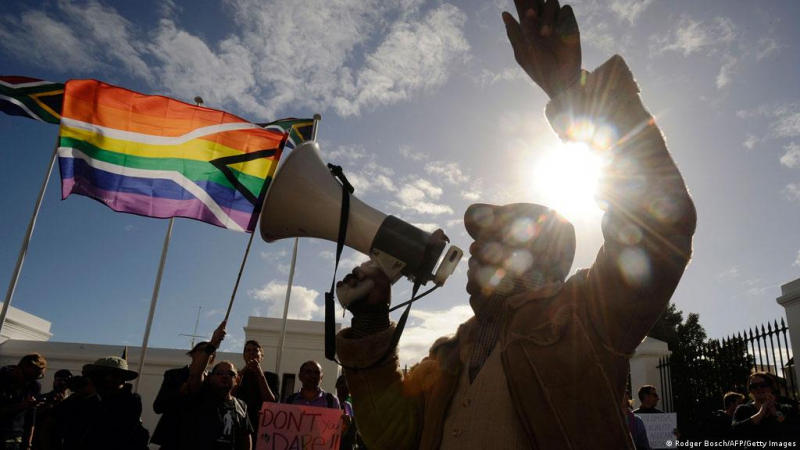
https://www.dw.com/ -
Malawi's dry season spans from April to November, when the country receives the majority of its annual visitors. With the exception of Nyika National Park, which is more pleasurable during the wet season, this is the finest time of year for safaris.
Lake Malawi is also best visited during the dry season, when you may swim, snorkel, and participate in a variety of water sports in the crystal-clear inland waters. This is great news for anyone looking to combine a lake excursion with a safari in one of the national parks.
Malawi's wet season runs from December to March, and despite the constant rain, this is still a terrific time to visit. In an already under-visited country, prices are lowered and travelers are scarce. Animals are also born around this time, and it's a real treat to observe the babies sauntering around the savannahs.
However, because of the high temperatures and stifling humidity, as well as the regular thunderstorms, some travelers will prefer to avoid this time of year. Malawi's rains can make some routes treacherous, if not impassable. The country is lush and gorgeous after the rains, yet wildlife seeing is easier in the hotter months of September and October, when foliage is sparser. The rain causes damage to the country's road network, making travel more difficult.
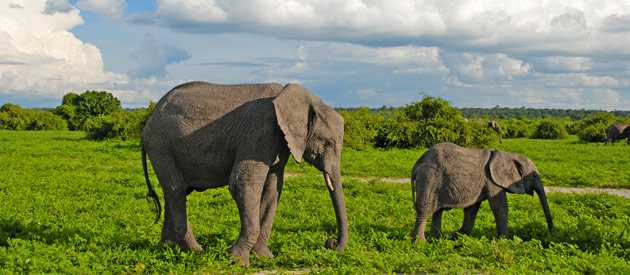
https://www.malawi-info.net/ 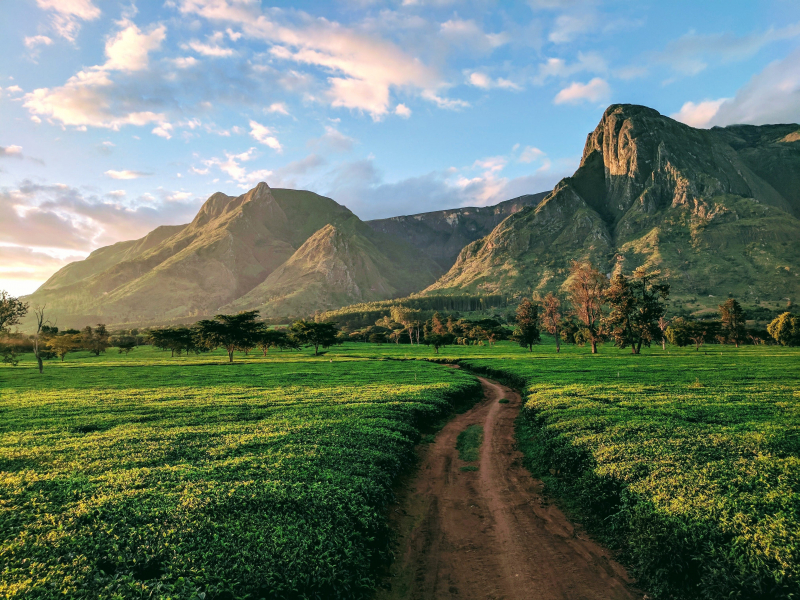
https://www.lonelyplanet.com/ -
The major motivation for visiting Malawi is to see Lake Malawi.This is one of the things about Malawi you should know before travelling. It's partly due to its sheer magnitude. From the northern to the southern tip, it is 350 miles long. This makes it the world's ninth largest lake, as well as Africa's third largest and second deepest (eclipsed by Lakes Victoria and Tanganyika).
According to Unesco, it has more fish species than any other lake on earth, including 700 different types of cichlids (tiny, colorful, befinned creatures that flit and flutter in its shallows). Swimming in non-designated places is not recommended due to the presence of venomous crocodiles.
The jewel of Malawi's tourist attractions is Lake Malawi. For Malawians, it's like an inland sea. The lake is bordered by beautiful golden beaches, which allow guests to swim in the crystal-clear water. In other words, it's a lovely, evocative location. The thousands of fishing boats that glide across its surface at night, their lamps visible from shore, earned it the moniker "Lake of Stars" by Livingstone.
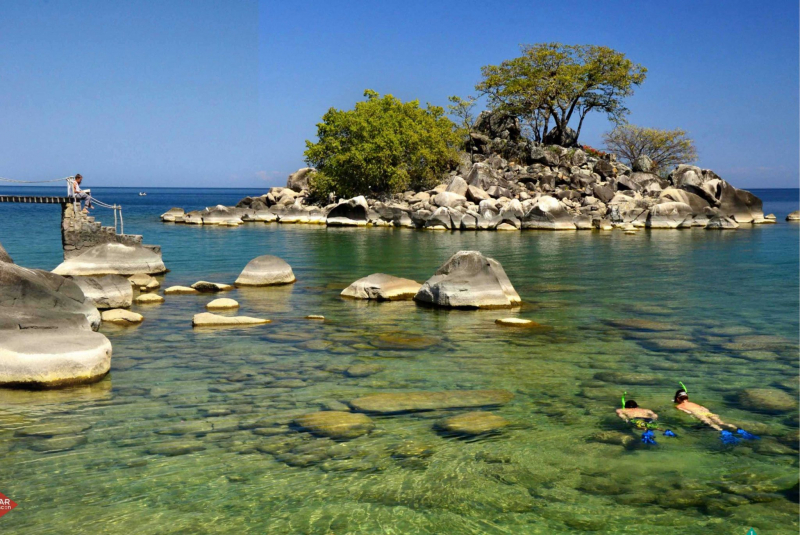
https://www.uw360.asia/ 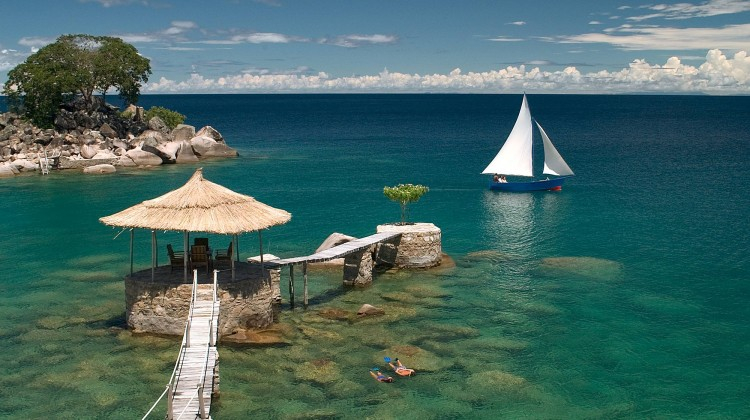
https://www.aardvarksafaris.com/ -
Malawi, like much of Sub-Saharan Africa, contains game zones. Many of them, like much of the lower half of the continent, have experienced problems with poaching and hunting. Malawi, as one of the world's poorest countries, has been particularly hard hit by rifle-shot annihilation of its animal species. However, there are signs of life.
Majete Wildlife Reserve, Mangochi Forest Reserve, Nkhotakota Wildlife Reserve, and Liwonde National Park are currently under the protection of African Parks (african-parks.org), a conservation and management organization that assists in the rescue of failing game reserves. Each one is worth a few days of your time, even if you have to concentrate on elephants at watering holes rather than lions and other big cats, which are around but in small numbers.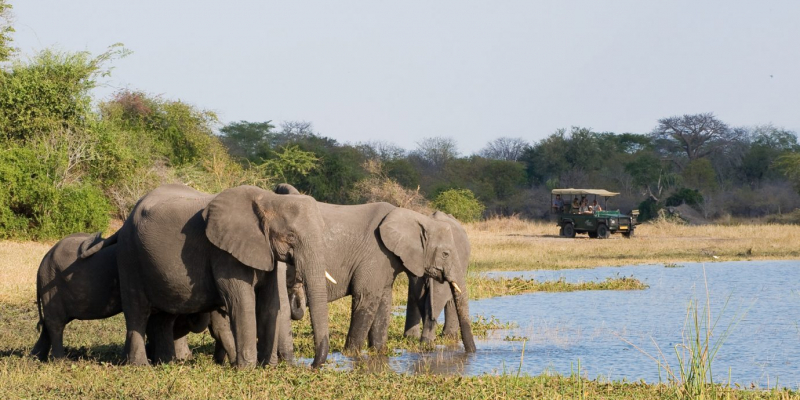
https://www.jetsetter.com/ 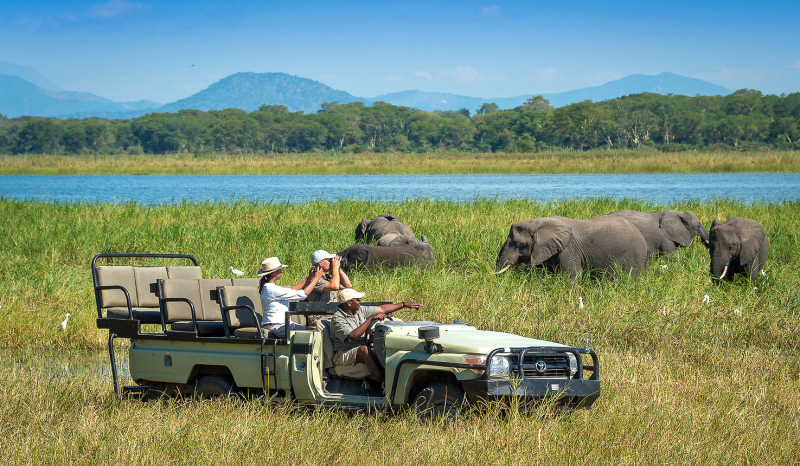
https://africatravelresource.com/ -
There are three choices for bus travel in Malawi. Shire Bus Lines operates a premium Coachline that runs three times a day between Blantyre and Lilongwe. A daily express bus service that travels via Lilongwe and Mzuzu could serve as a mode of transportation for guests traveling in and around Malawi. Shire Bus Lines also operates an express bus service with a few stops between major towns.
Bus service in remote locations is typically infrequent; in certain cases, no buses travel through. Locals and tourists alike use a matola, which is a truck or pick-up, to get around.
Malawi's principal highways are mostly high-quality roads that have been renovated in recent years. The roads in rural areas are in worse shape, and they are impassable during the rainy season. A car rental service is available to visitors. For driving and renting a car in Malawi, you must have a complete driver's license and be at least 23 years old.
Your transportation needs between places will be taken care of by one of the Siyabona Africa advisors if you select a Siyabona Africa holiday package.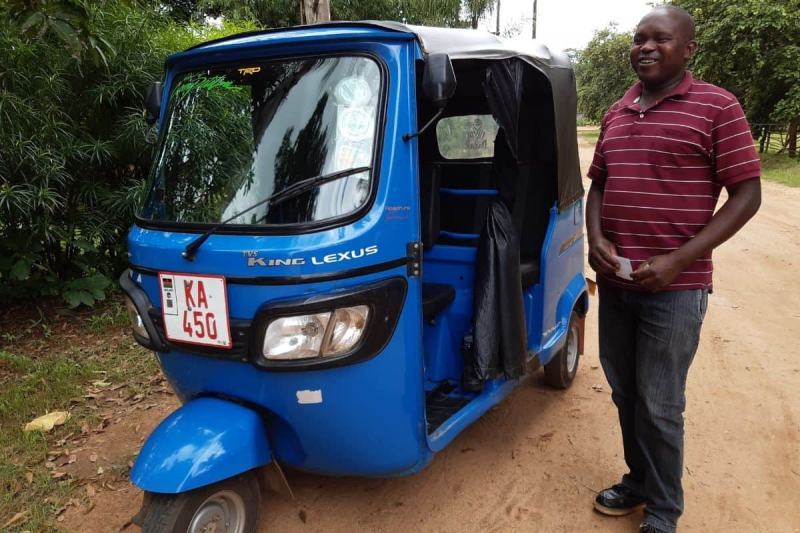
https://mypathtotravel.com/ 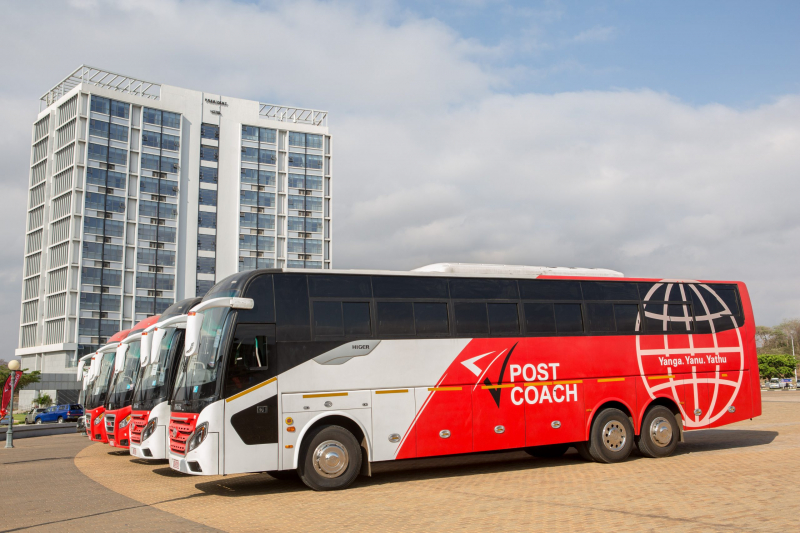
https://www.leymanck.com/ -
The dry season, which runs from May to October, is the greatest time to visit Malawi. It's a colder time of year, with bright sunlight, crisp evenings, and temperatures ranging from 18 to 33 degrees Celsius.
The rainy season, which lasts from November to April, sees temperatures rise in September and stay in the high twenties and early thirties. Typically, the wettest months are December, January, and February.
Regional weather fluctuations are considerable in Malawi due to the country's diverse landscape. Lower-lying lakeshore locations are consistently warmer throughout the year. The highlands have pleasant daytime temperatures and chilly evenings, especially in the winter.
Malawi had a good month in June. Although the days are long and sunny, the temperatures decrease dramatically at this time of year. In the highlands, the evenings and mornings are bitterly cold, prompting both tourists and locals to light log fires. During the drier seasons, elephants in Liwonde National Park congregate around the Shire River for better access to water and more nutritious foliage at the river's edge. From June through August, thousands of Lillian's lovebirds assemble in Liwonde National Park.
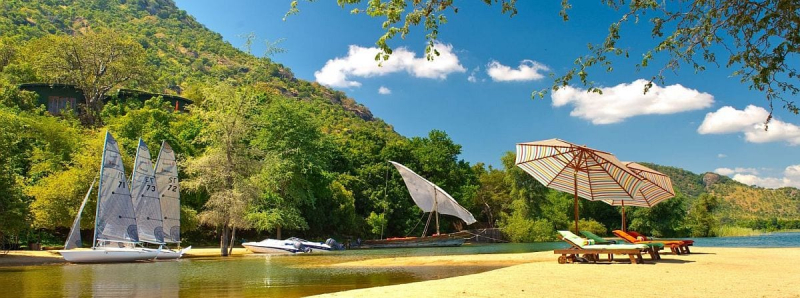
https://www.cedarberg-travel.com/ 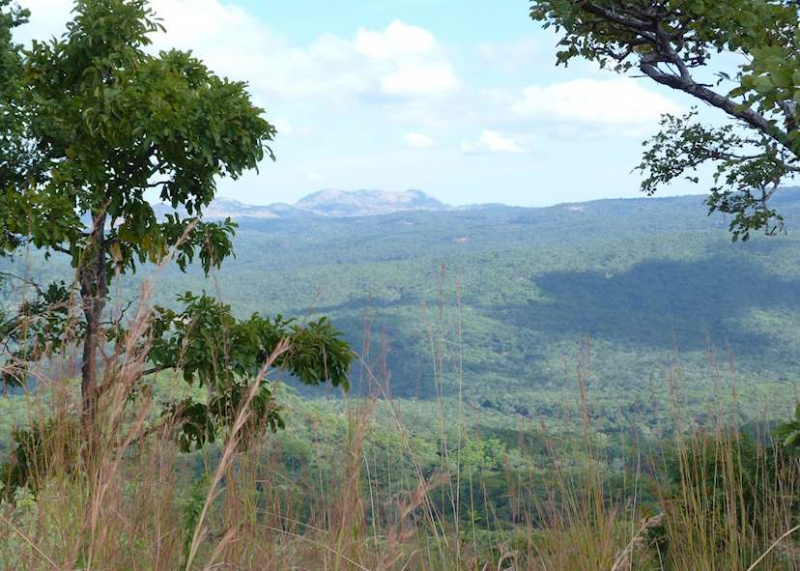
https://www.audleytravel.com/ -
Malawian cuisine refers to the country's meals and culinary activities. Malawian cuisine is known for its tea and fish. Sugar, coffee, corn, potatoes, sorghum, cattle, and goats all play a role in the food and economy. Malawian cuisine has been mostly unaffected by other cultures, and as a result, it is quite traditional.
Malawi has a lot of farmers, and the populace grows a lot of food. Tuck shops, small shops situated in rural areas that serve a range of snack items, are well-known in the country. Meat pies, sausage rolls, and rabbit chow (deep-fried buns packed with a curry meat and potato mixture) are examples of these meals. Lake Malawi is not only a popular tourist destination, but it is also a source of superb fresh fish, such as chambo, usipa (similar to sardine), mpasa (similar to salmon), and kampango, which are the country's specialty.
Nsima is a basic dish made from ground corn and eaten with meat, beans, and vegetables as side dishes. It's suitable for both lunch and dinner. Kachumbari, a form of tomato and onion salad known locally in Malawi as a sumu or shum or simply 'tomato and onion salad,' is another dish to try. Thobwa is a fermented beverage made with white maize, millet, or sorghum. Kondowole is a cassava flour and water dish. It's a highly sticky meal that's similar to Malawian nsima, Tanzanian ugali, or Ugandan posho, and it's mostly found in northern Malawi. It's usually cooked on the floor because of its texture, which makes it difficult to run a frying stick through, necessitating a lot of muscle. Normally, kondowole is served with fish.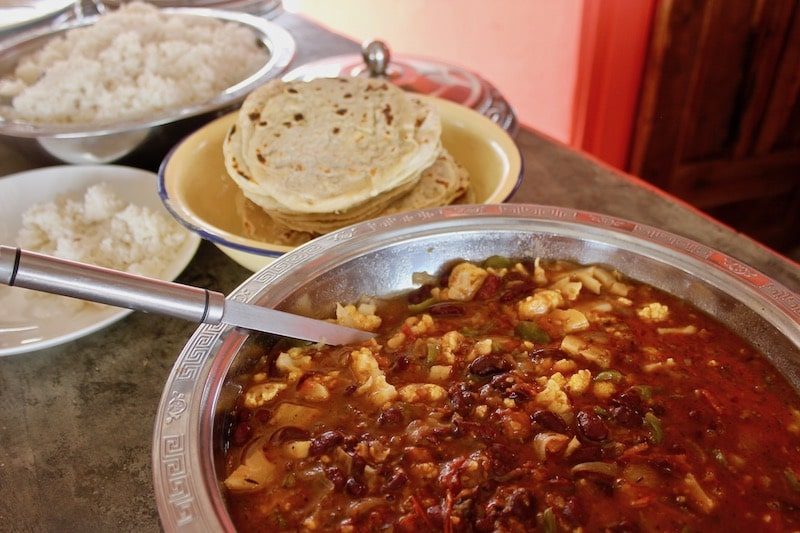
https://epicureandculture.com/ 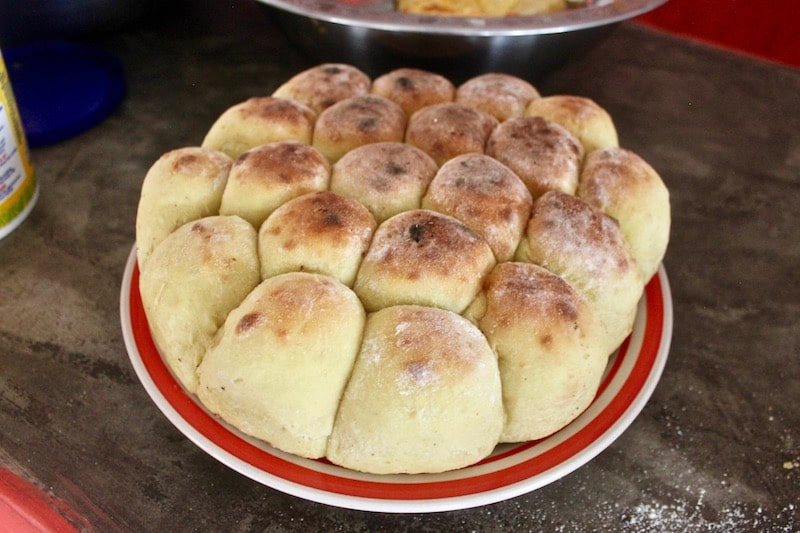
https://epicureandculture.com/














